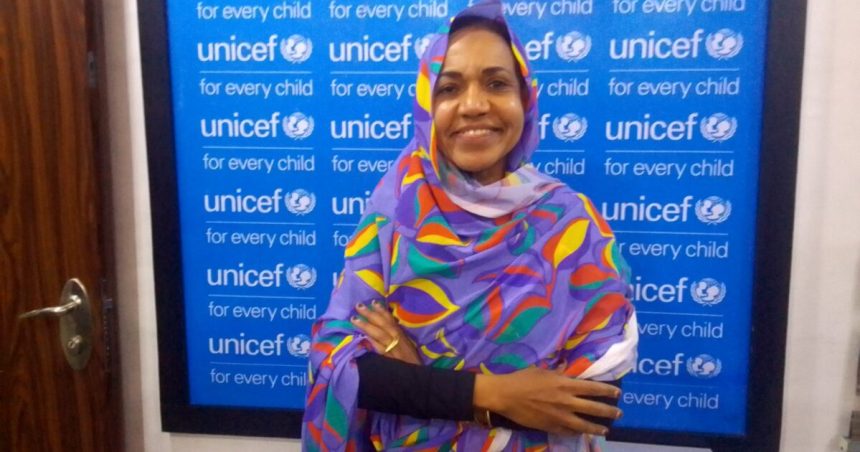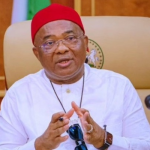The United Nations Children’s Fund has warned that over 2.1 million Nigerian children have never received a single vaccine, making the country the highest in the world with zero-dose children.
UNICEF Nigeria Country Representative, Wafaa Saeed, disclosed this on Thursday during her visit to the Maiduguri field office.
She revealed that nearly one in three Nigerian children under the age of one has never been vaccinated, leaving them vulnerable to deadly but preventable diseases.
“Nigeria has over 2.1 million zero-dose children, the highest in the world.
“Nearly one in three one-year-olds has never received a single vaccine, leaving them exposed to deadly but vaccine-preventable disease outbreaks such as measles, diphtheria, meningitis, and circulating variants of polioviruses,” Saeed said.
She urged governments at all levels to redouble their commitment to immunisation and primary healthcare delivery.
“National and state governments should redouble their commitment to immunisation and primary health care, so every child, no matter where they live, is reached and protected,” she added.
On nutrition, Saeed warned that malnutrition remains a major threat to children’s survival.
She noted that Nigeria currently has 15 million malnourished children under five, with 3.5 million suffering severe acute malnutrition.
“In 2025 alone, 420,000 children could die if nothing changes. Forty percent of under-five children are stunted — children who will never reach their full physical or cognitive potential if we do not act now,” she cautioned.
She called for urgent investments in nutrition to save lives.
“We need more funding, more local food solutions, and scaling up treatment centres so that no child dies due to malnutrition-related complications in Nigeria,” she stated.
Speaking on education, the UNICEF chief described the sector as being in crisis.
“Only 27 percent of children aged between 7 and 14 can read with comprehension, and 75 percent cannot do simple mathematics. The education crisis is both about access and quality,” she noted.
Saeed urged proactive action through investment in education, recruitment of more qualified teachers, and provision of adequate classrooms to improve learning outcomes.
Reiterating UNICEF’s commitment to Nigeria’s children, she said: “Bringing children back to school, making sure they are well-nourished, and ensuring that every child is vaccinated are priorities for me and UNICEF. If we succeed in these areas, we can transform the lives of millions of Nigerian children and secure the country’s future.”








